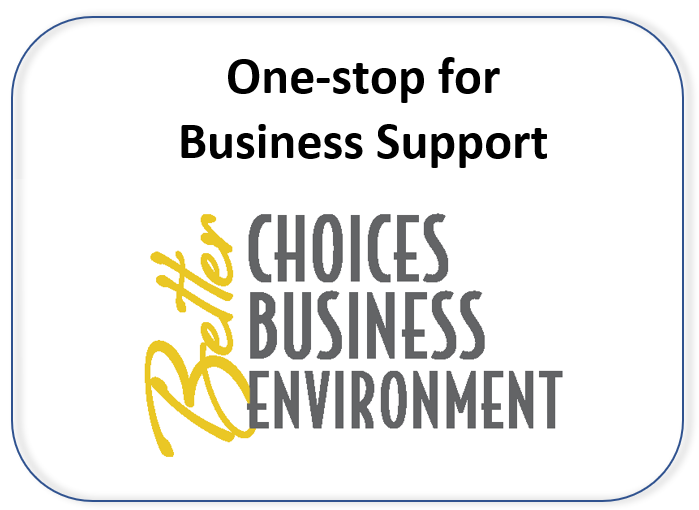Solid waste - What is a waste?
Permit Primer
The Wisconsin statutes define waste quite broadly. A waste is any liquid, solid, or gaseous material that can no longer be used for its originally intended purpose because it has become contaminated or has been used in some process. A waste is also defined as any material which is still usable for its originally intended purpose but which you decide to discard. For example, you may have purchased a container of a solvent and discover that you do not need it. The solvent is a waste once you decide to get rid of it. Similarly, if you spill the solvent in your backyard, the contaminated soil is a waste if you have to have it removed for disposal (or treatment). Moreover, it may be a hazardous waste. If you discard a rag used to mop up the solvent, the rag may also be a hazardous waste.
The list below contains some wastes that your business may generate.
Waste materials
- office paper, cardboard, and plastic, metal and glass food and beverage containers;
- food wastes from cafeteria or break room operations;
- used engine oil, anti-freeze, batteries, and similar wastes generated from fork lifts, cars and trucks;
- office equipment and appliances, such as computer monitors and hard drives, printers and copy machines, televisions, and microwave ovens;
- packaging from materials received at your facility, such as foam, strapping, and lumber;
- wastes associated with heating and air conditioning systems, and building maintenance;
- material left–overs and cut-offs from production and packaging; or
- used process chemicals, sludges from process tank clean–outs, and other wastes generated from production processes.
Unused materials
- expired shelf life;
- off specification for the process it was intended for;
- no longer needed due to production process changes — as a result of a change in your business products; or substitution with a less toxic material.
Unknown materials
- include anything you may have at your facility that you are not sure what it is, such as an unlabeled barrel or other unlabeled container. Containers should be examined, opened and sampled by a properly qualified individual;
- open metal containers only with non-sparking tools, in case contents are flammable. Don't smell unknown chemicals, and take precautions to prevent contact with eyes and skin;
- if the container is in poor condition, or damaged in any way, seek expert advice before moving or touching the container. A barrel with the top or sides pushed out, for example, may indicate the contents are under pressure, and opening it could be dangerous; or
- if the container is not in good condition, make plans to put the original container into another larger (over–pack) container. Again, get expert advice first.
You may also refer to the definition of "solid waste" (see definition below) in s. 289.01(33), Wis. Stats.
- Solid waste
-
Solid waste means any garbage, refuse, sludge from a waste treatment plant, water supply treatment plant or air pollution control facility and other discarded or salvageable materials, including solid, liquid, semisolid, or contained gaseous materials resulting from industrial, commercial, mining and agricultural operations, and from community activities, but does not include solids or dissolved material in domestic sewage, or solid or dissolved materials in irrigation return flows or industrial discharges which are point source subject to permits under ch. 283, or source material, as defined in s. 254.31 (10), special nuclear material, as defined in s. 254.31 (11), or byproduct material, as defined in s.254.31 (1).
Many materials can be put to further use or reclaimed for further use, either by your business or another business. Many waste reuse and recycling activities are exempt from solid waste regulation. The Department of Natural Resources also has authority to issue written exemptions to allow and encourage additional reuse and recycling activities. The following Solid Waste pages include links with more information about reuse and recycling.

